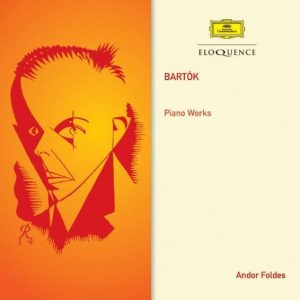Perth Concert Hall
reviewed by Neville Cohn.
Cedric Tiberghien is a highly accomplished pianist. I recall with please his stunningly fine accounts of some of Messiaen’s most complex works at a Perth Festival some years ago. His flawless fingers are up to any challenge – and this was again very much the case in Rachmaninov’s Piano Concerto No 3. Only the most skilled of musicians would dare essay a work such as this in public. It’s a closed book to any but top-end virtuosos. Throughout, in purely physical terms, Tiberghien could not be faulted – but on this occasion, the presentation as a whole was something of a disappointment: the raging demon that lurks behind the printed note was here only fitfully apparent. And another distraction was the late arrival (just as the slow movement commenced) of numbers of late-comers. Swarming in as they headed for seats, often mid-row, there was much standing-up and sitting down by patrons already seated. All this demolished the gentle atmosphere of the concerto’s exquisite adagio. In the ferociously difficult finale, Tiberghien was at his thrilling, virtuosic best but again, taking up an interpretative position some distance from the emotional epicentre of the music. Throughout, Fisch took the WASO through an impeccable, finely supportive accompaniment.
There was an encore: Bach’s Prelude No 1 in C from Book 1 of Bach’s famous ”48”: it was a marvellous moment: a little miracle of gentle beauty.
Bartok’s music for orchestra can be, and often is, very challenging and tricky to bring off successfully. And that was certainly the case as Fisch took his players through the rhythmically complex Dance Suite to emerge from the maze with honour intact. Bassoon, trombone and tuba were much to the fore in the opening pages – and flutes were frankly delightful. And in the second movement, robust brass conjured up images of rough peasants energetically stamping away. Abrasive, jubilant, ear-grating and glowering were adjectives that came to mind as Fisch and the WASO steered a splendid way through the suite. Bravo!


